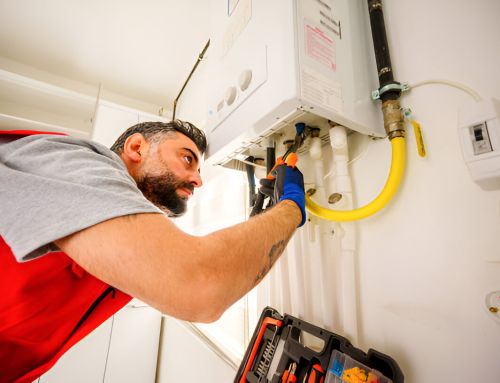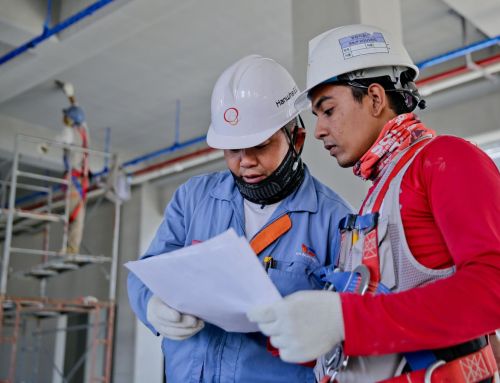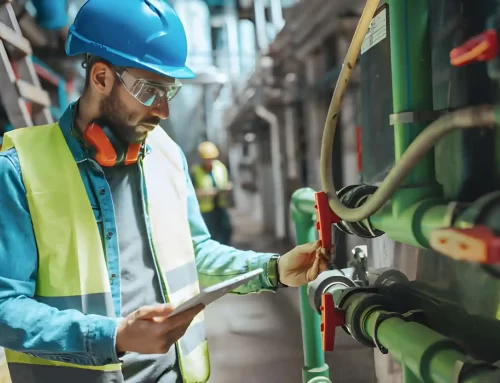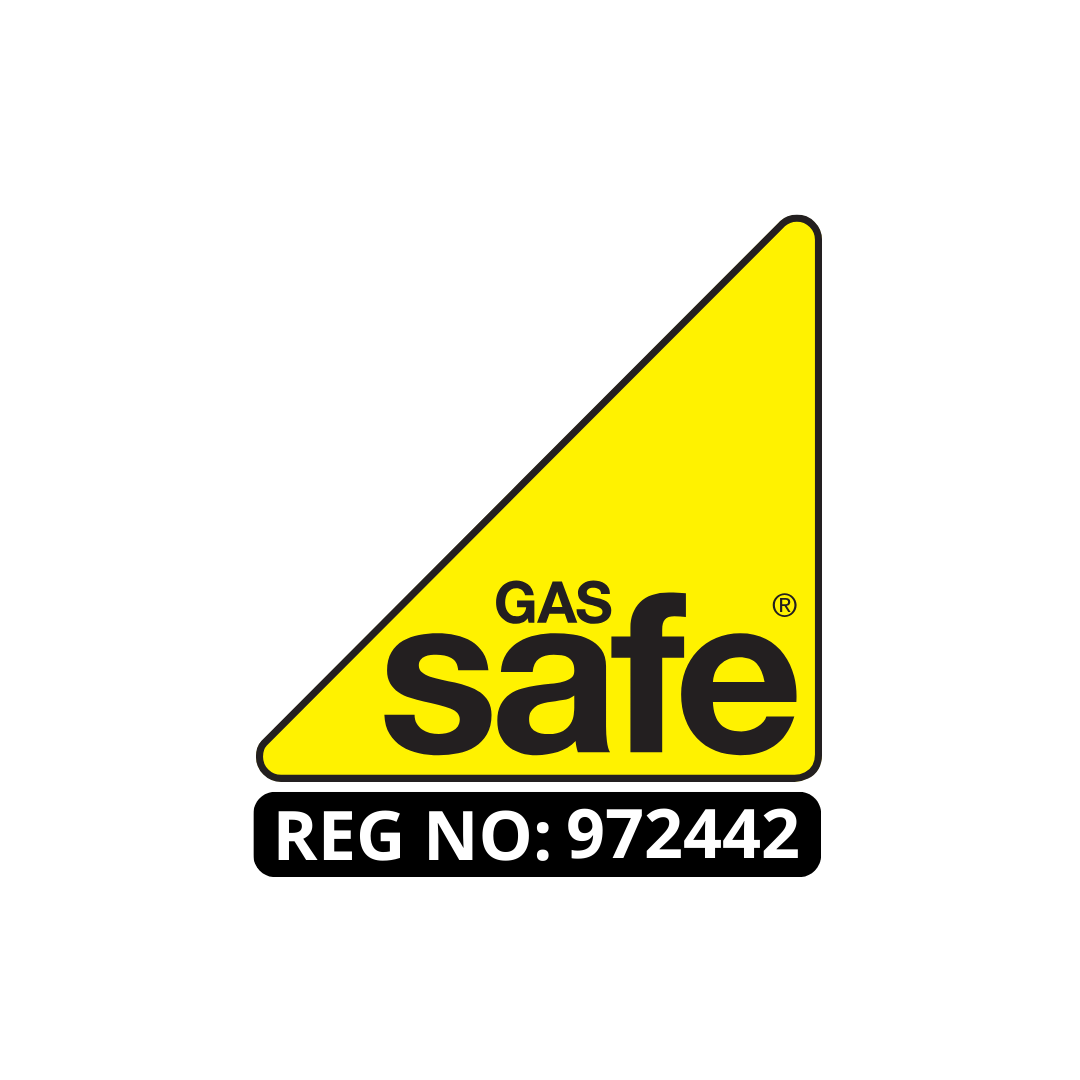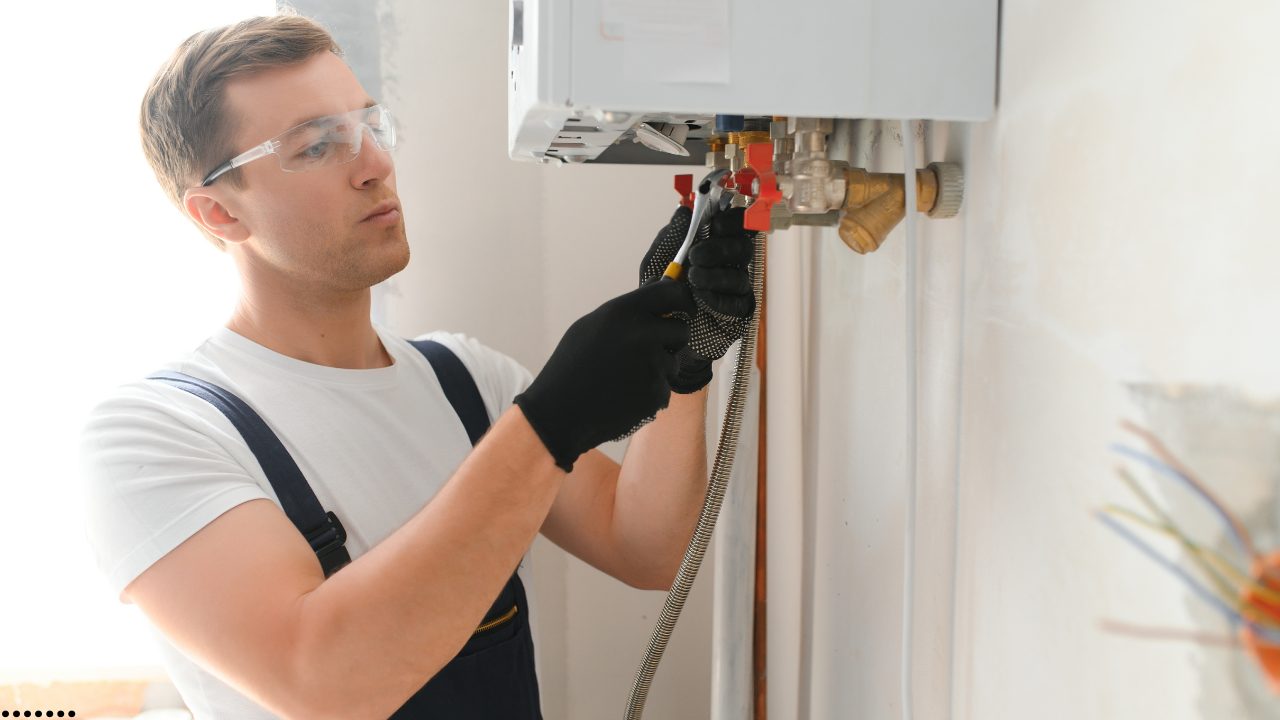
As a homeowner pondering a new boiler, the pressing question surfaces: Does a new boiler necessitate a gas safety certificate? The answer to this query holds significant implications for both safety and compliance.
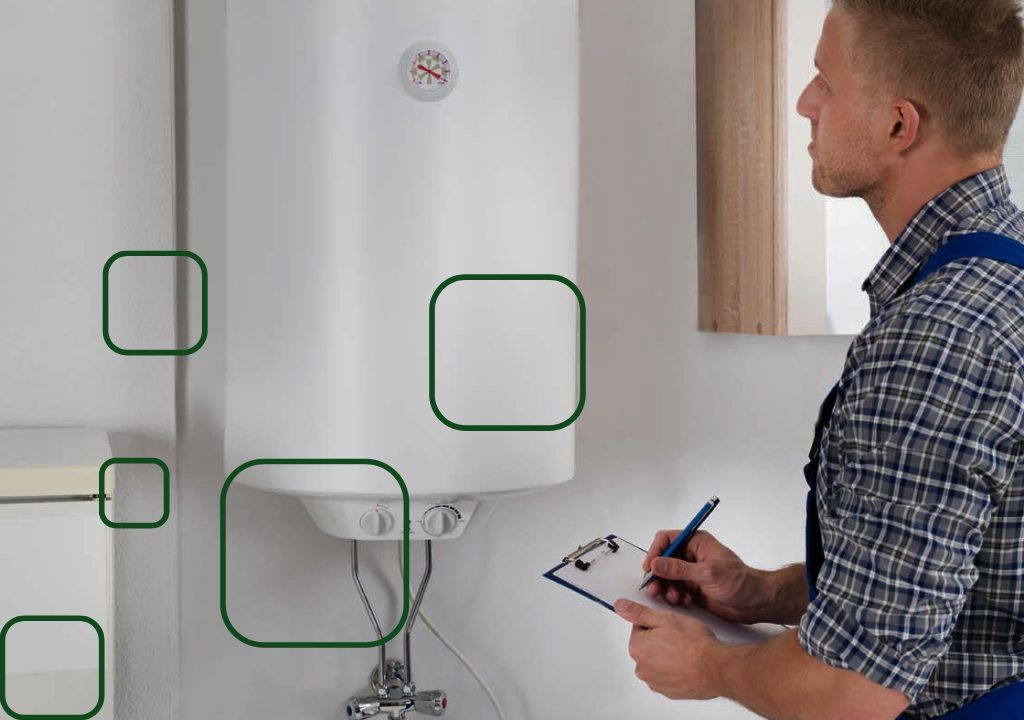
Ensuring that gas appliances meet the required standards is paramount, but the specifics surrounding this certification may not be as straightforward as one might assume. Let’s explore the nuances of this essential requirement for new boiler installations and unravel the complexities that come with it.
Understanding Gas Safety Certificates
In understanding Gas Safety Certificates, one must grasp their vital role in verifying the compliance and safety of gas appliance work. Ensuring boiler efficiency, taking safety precautions, monitoring for carbon monoxide, conducting annual checks, and prioritizing tenant protection are key aspects.
Boiler efficiency is crucial for optimal performance and cost-effectiveness. Safety precautions involve checking for leaks, proper ventilation, and regular maintenance. Carbon monoxide, a silent killer, must be monitored to prevent poisoning. Annual checks are necessary to identify and address potential issues promptly. Tenant protection is paramount, requiring landlords to maintain gas safety records, conduct regular checks, and provide certificates promptly.
Gas Safety Regulations in Detail
Gas safety regulations mandate the compliance and safety standards for gas work. Gas safety inspections are crucial, especially during boiler installation, to ensure that all gas appliances are operating safely. Compliance regulations require adherence to Gas Safe guidelines, with a mandatory annual check recommended for gas appliances.
Gas appliance checks are essential to guarantee the safe operation of heating systems and to prevent potential hazards. Safety certificate validity is paramount as it confirms that gas work meets the required safety standards. It’s imperative to obtain and retain a valid safety certificate to ensure the ongoing safety of gas appliances.
Failure to comply with these regulations can result in legal consequences and safety hazards. Regular checks and adherence to compliance regulations are vital to maintain a safe environment and prevent accidents related to gas appliances.
Responsibilities of Landlords for Gas Safety
Moving from the discussion on Gas Safety Regulations to the Responsibilities of Landlords for Gas Safety, landlords play a crucial role in ensuring the safety of gas appliances in rental properties. Landlord obligations include maintaining gas safety records, conducting annual gas safety checks, and providing tenants with detailed gas safety certificates.
Ensuring tenant safety is paramount, with compliance standards mandating gas safety certificates for new boiler installations and services. The certification process involves booking Gas Safe registered engineers, ensuring their credentials, and obtaining the necessary documentation promptly. Compliance standards dictate that landlords arrange annual safety inspections for all gas appliances to prevent potential hazards.
Legal Requirements for Gas Safety
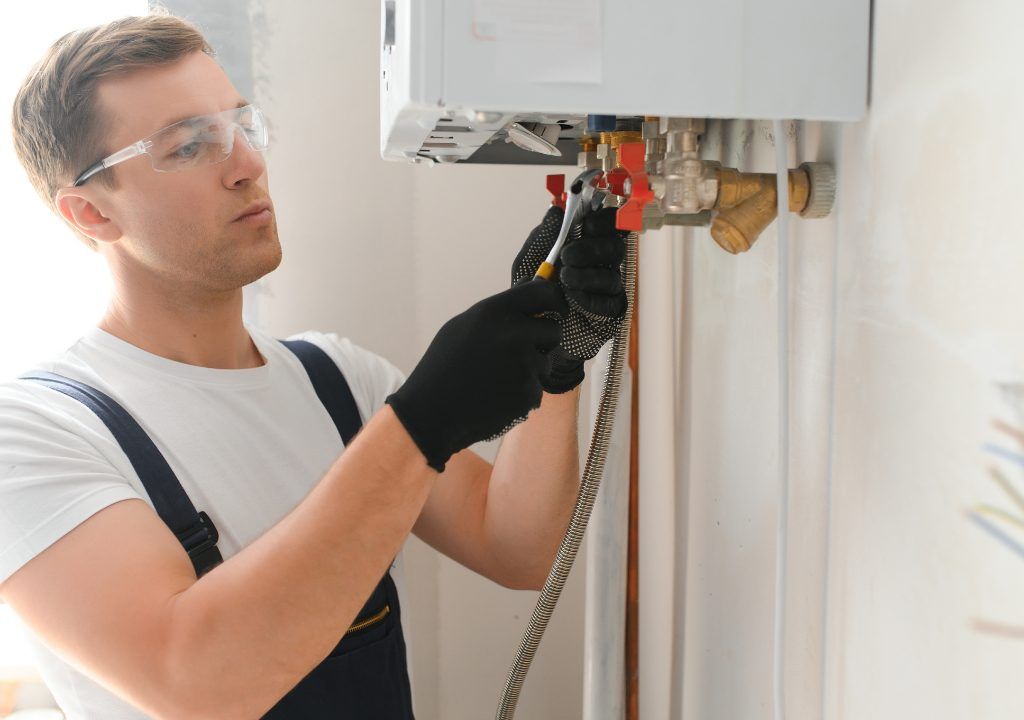
Regularly scheduled gas safety checks are a crucial legal requirement for ensuring the safety of gas appliances in residential properties. When it comes to boiler installation, safety compliance is paramount. A Gas Safe registered engineer is a legal requirement during new boiler installation to guarantee adherence to safety standards.
Additionally, obtaining a Gas Safety Certificate is mandatory for all gas appliances in rental properties, ensuring compliance with regulations and protecting against potential hazards. Certificate validity is essential, and annual checks are recommended to maintain safety and efficiency.
Furthermore, meeting insurance requirements often necessitates having a valid Gas Safety Certificate. Ensuring home safety through proper gas appliance maintenance and adherence to legal requirements is imperative for homeowners and landlords alike.
The Importance of Gas Safety Awareness
To promote safe gas practices and prevent potential hazards, advocating for gas safety awareness is paramount. Gas safety campaigns play a crucial role in educating the public about the risks associated with gas appliances.
Community outreach efforts help spread knowledge on the correct installation and maintenance of gas appliances, emphasizing the importance of regular safety checks. Safety training workshops provide individuals with the necessary skills to identify potential dangers and take appropriate actions.
Ensuring proper gas appliance maintenance not only enhances efficiency but also reduces the likelihood of accidents. Carbon monoxide risks highlight the need for vigilance in detecting this odorless gas, which can be lethal if undetected.
Frequently Asked Questions
Can I Conduct My Own Gas Safety Check at Home Without Hiring a Professional?
I wouldn’t conduct my own gas safety check at home. Safety precautions are vital. Leave home gas inspections to professionals for accuracy. Professional checks ensure safety. Follow gas safety tips for peace of mind.
Are There Any Specific Requirements for Gas Safety Certificates in Commercial Properties or Businesses?
In commercial properties, adherence to gas safety regulations is crucial. Regular DIY checks are insufficient. Emergency procedures, thorough appliance maintenance, and compliance with legal requirements are mandatory. Violations can lead to severe consequences and risks.
What Should I Do if I Suspect a Gas Leak in My Property but Do Not Have a Gas Safety Certificate on Hand?
If suspecting a gas leak without a certificate, evacuate, open windows, no flames, and call emergency services. Don’t touch switches. Await professional assessment. Prioritize safety. Immediate action is crucial in gas emergencies for protection.
How Often Should Gas Appliances Be Checked for Safety in a Residential Property, Aside From the Annual Inspection?
Gas appliances in residential properties require regular safety checks beyond annual inspections. Commercial regulations mandate adherence. DIY inspections are not recommended. In case of emergency gas leaks, contact professionals immediately. A gas safety certificate is distinct from a gas safety record.
Is There a Difference Between a Gas Safety Certificate and a Gas Safety Record, and When Are They Typically Required?
Gas safety regulations mandate Gas Safety Certificates for landlords annually. They confirm gas appliance safety. Landlords issuing Gas Safety Records to tenants is crucial. Home safety tip: Regular gas appliance maintenance minimizes carbon monoxide risks, ensuring home safety.
Conclusion
In conclusion, obtaining a gas safety certificate for a new boiler installation is a legal requirement that ensures the safety of your property and loved ones. It’s essential for compliance with regulations, peace of mind, and insurance purposes.
By prioritizing gas safety awareness and taking the necessary steps to obtain a certificate, you can protect yourself from potential risks and ensure the proper functioning of your gas appliances.
Stay safe and compliant with a gas safety certificate for your new boiler.
About the Author: LandlordCertificate
Related Posts
Get Social
Recent Posts
- Portable Appliance Test London: Expert PAT Testing for All Industries
- EICR London Keeping London Properties Electrically Safe and Compliant!
- Fire Safety Certificate London for Commercial and Residential Buildings
- Fire Safety Planning and fire risk assessment London for Building Safety
- Top Reasons to Invest in Fire Alarm Installation London for Safety and Compliance


